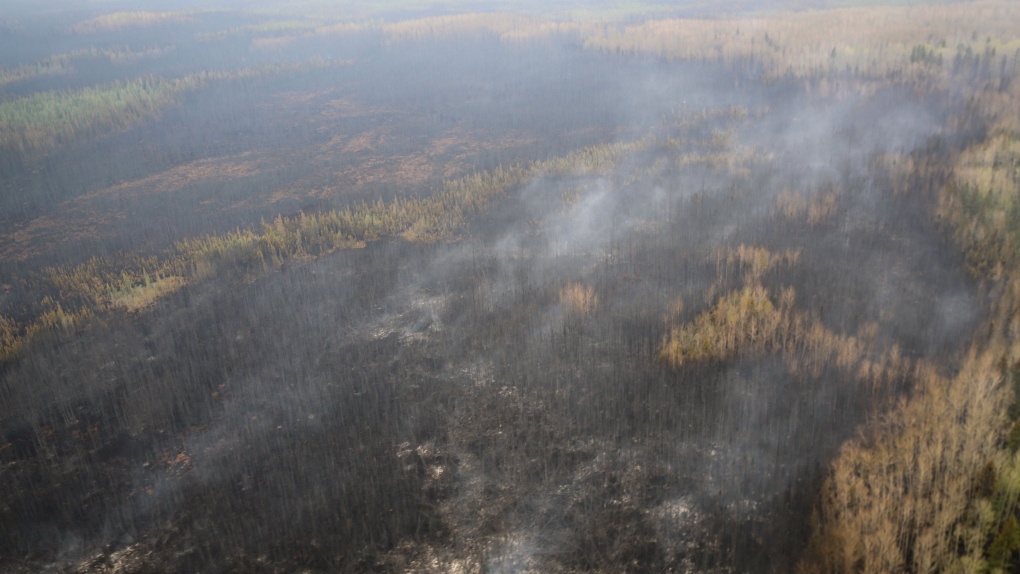
Wildfires cast smoky shadow over tourism industry ahead of unofficial start of summer
CTV
At Andrew Lake Lodge — a remote camp in the extreme northeast corner of Alberta — owner Dan Wettlaufer is looking forward to welcoming the first of this year's crop of tourists this weekend.
At Andrew Lake Lodge — a remote camp in the extreme northeast corner of Alberta — owner Dan Wettlaufer is looking forward to welcoming the first of this year's crop of tourists this weekend.
But the wildfire burning out of control near Fort McMurray could put a crimp in this year's May long weekend and the start of the summer tourism season, Wettlaufer acknowledged.
"There are no roads to our operations, it's all fly-in, fly-out. So depending on what's happening at any of the locations we fly from, it can definitely affect our ability to put on our trips," Wettlaufer said.
"We have people booked to come up this weekend through Fort McMurray. Fortunately, we do have some flexibility in that we could reroute them through Edmonton or Fort Smith (N.W.T.) if necessary."
Andrew Lake Lodge attracts visitors from across the country, the U.S., Europe and Asia looking to experience fishing, hunting and wildlife viewing in a pristine wilderness location.
The lodge is 400 kilometres northeast of Fort McMurray, not anywhere close to the fire that triggered an evacuation order for parts of that community this week.
But Wettlaufer, like many in Canada's tourism sector, is concerned about the ripple effects of increased wildfire activity on his industry. Last year, he had to cancel or reschedule a number of his clients' trips as smoke from fires in the Northwest Territories made taking off and landing at his lodge's landing strip too dangerous.
